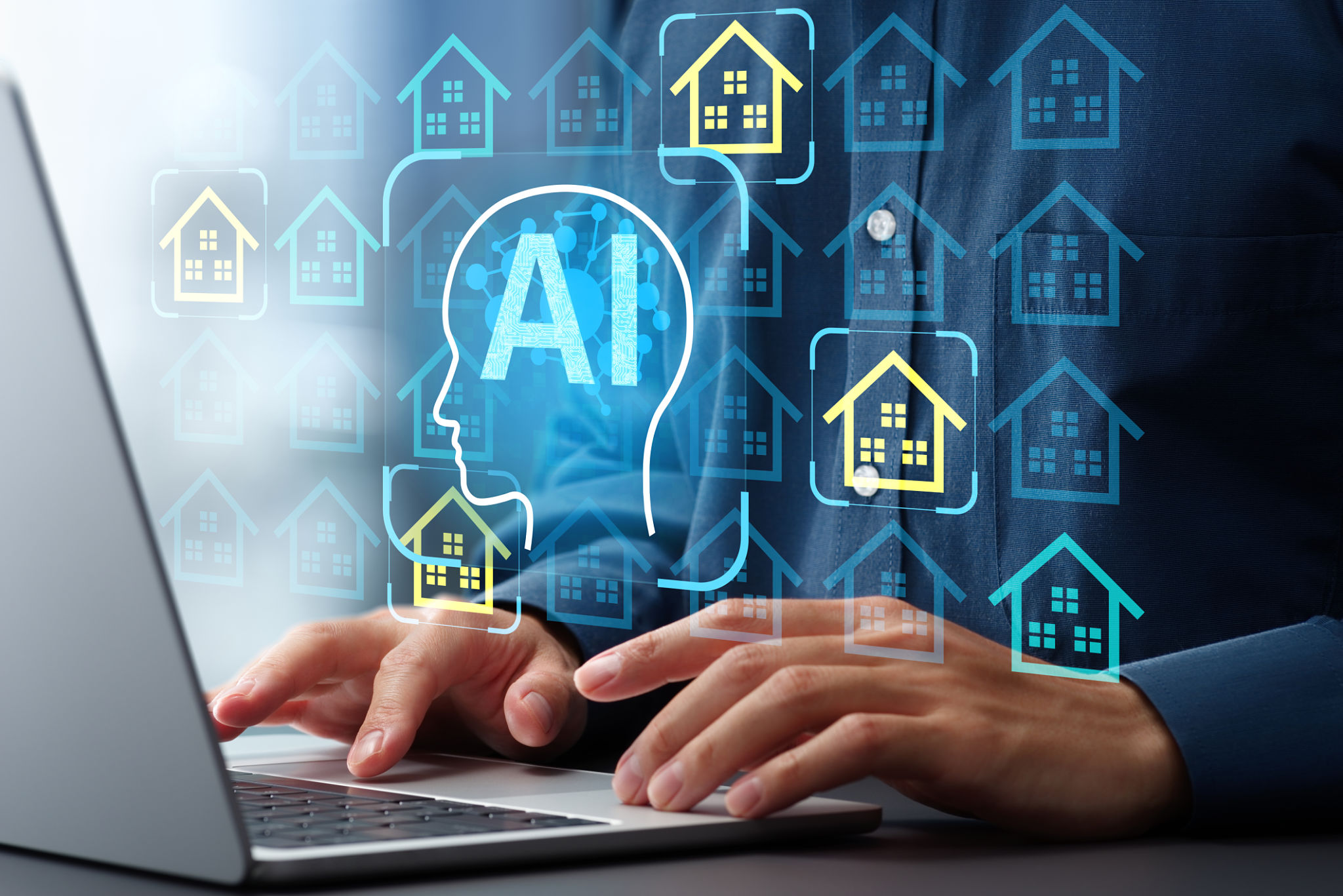How AI is Revolutionizing Property Valuation
The Evolution of Property Valuation
The traditional approach to property valuation has long relied on manual assessments and comparisons with similar properties. However, the advent of Artificial Intelligence (AI) is transforming how property values are determined, making the process faster, more accurate, and data-driven. AI algorithms can analyze vast amounts of data, offering insights that were previously unattainable through conventional methods.

Data-Driven Insights
AI leverages big data to provide comprehensive insights into property valuation. By analyzing diverse datasets, including historical pricing, market trends, and neighborhood developments, AI can generate precise valuations. This data-driven approach minimizes human error, offering potential buyers and sellers more reliable information.
Furthermore, AI can identify patterns and correlations that humans might overlook. For instance, AI can determine how local amenities, such as schools and public transport, affect property values. This enables a more nuanced understanding of what impacts property prices.
Improved Accuracy and Efficiency
One of the significant advantages of using AI in property valuation is its ability to improve accuracy. Traditional methods often involve subjective assessments that can vary between evaluators. In contrast, AI provides an objective analysis based on empirical data, reducing discrepancies in valuations.

Besides accuracy, AI also enhances efficiency. Automated valuation models (AVMs) powered by AI can process data rapidly, delivering results in a fraction of the time required by manual assessments. This speed is particularly beneficial in fast-moving real estate markets where timely decisions are crucial.
Predictive Analytics and Future Trends
AI doesn't just look at current market conditions; it also offers predictive analytics that forecast future trends. By evaluating factors like economic indicators and demographic shifts, AI can predict how property values might change over time. This foresight is invaluable for investors looking to make informed decisions about future purchases.

The Impact on Real Estate Professionals
The integration of AI in property valuation is reshaping the roles of real estate professionals. While AI tools provide accurate valuations, real estate agents and appraisers offer personalized insights and customer service that technology cannot replicate. Professionals who embrace AI enhance their value by combining technological proficiency with human expertise.
Real estate professionals can use AI-generated data to refine their strategies, target potential buyers more effectively, and provide clients with data-backed advice. This synergy between AI and human expertise is setting new standards in the industry.
Challenges and Considerations
Despite the advantages, there are challenges in adopting AI for property valuation. Data privacy concerns, algorithm transparency, and the need for continuous algorithm updates to reflect market changes are some of the issues that need addressing. Ensuring that AI tools are used ethically and responsibly is essential for maintaining trust in AI-driven valuations.
Moreover, as AI continues to evolve, staying updated with the latest developments is crucial for real estate professionals. Continuous learning and adaptation are key to leveraging AI's full potential while mitigating potential drawbacks.
Conclusion: The Future of Property Valuation
AI is undeniably revolutionizing property valuation by providing more accurate, efficient, and insightful assessments. As technology advances, its role in the real estate industry will only grow, shaping the way properties are valued, bought, and sold. Embracing AI is not just an option but a necessity for those looking to stay competitive in the ever-evolving real estate landscape.
